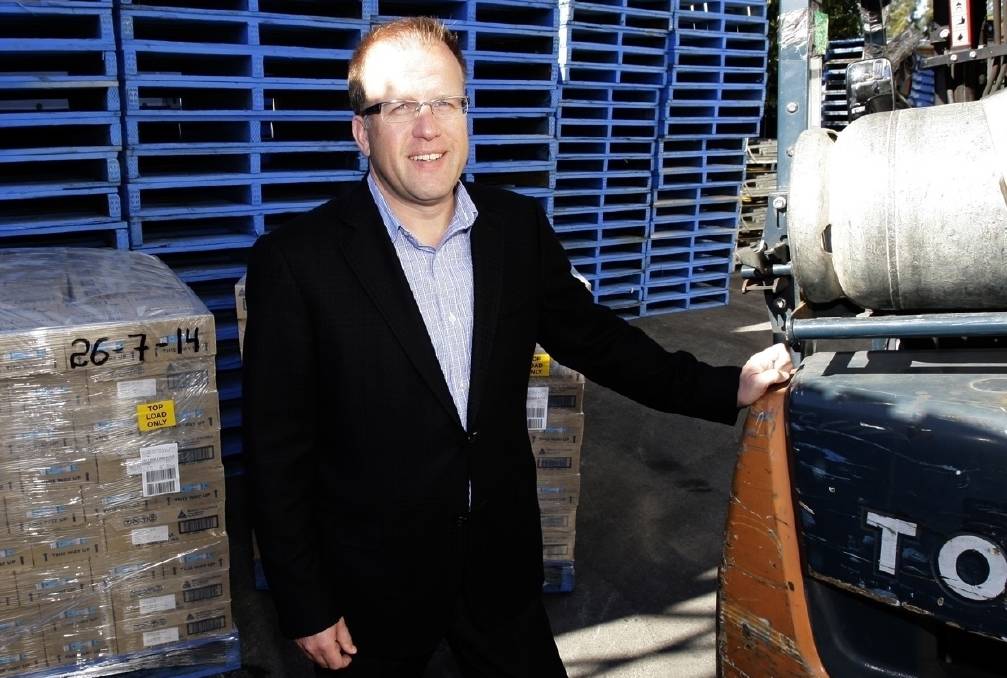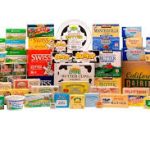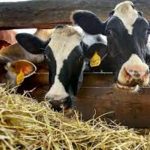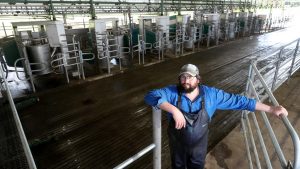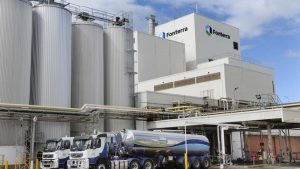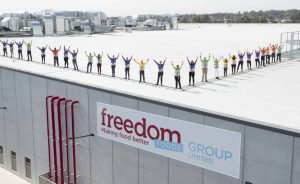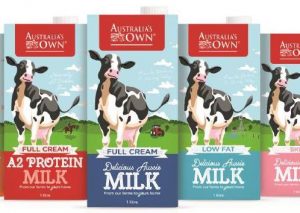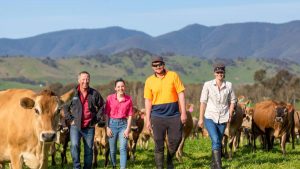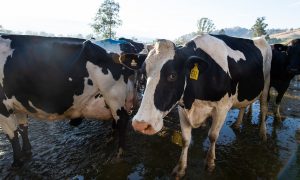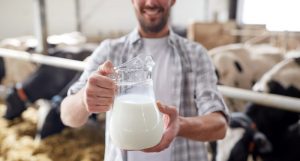
Mr Macleod, who has now resigned, was on leave last week when the board revealed it expected to declare $60-plus million in stock write-downs after discovering a big inventory of outdated and obsolete product from as far back as 2017, which was not accounted for.
Freedom has hired financial services companies Ashurst and PwC to forensically study the company’s accounts after confirming the inventory black hole, a $10m blowout in doubtful debts to $14m and the surprise resignation of its chief financial officer Campbell Nicholas.
Trading in Freedom shares has been suspended until July 9.
Freedom Foods Group is Australia’s biggest producer of ultra-high temperature treated (UHT) dairy and plant beverage products, including big selling almond milk lines Almond Breeze, AO and Blue Diamond.
Its diverse brand portfolio spans So Natural and Australia’s own beverages, Freedom, Heritage Mill and Arnold’s Farm breakfast foods, and Heritage Mill, Messy Monkeys snacks.
The company has grown rapidly as a keen player in the dairy industry, buying about 420 million litres of fresh milk in 2019-20 which was processed into UHT products and through its new lactoferrin plant at Shepparton in northern Victoria.
In Mr Macleod’s absence chairman Perry Gunner took over as executive chairman last week while Brendan Radford was appointed acting chief executive officer as part of a host of senior management changes.
Mr Gunner assured farmers Freedom was committed to its milk contracts, and expanding its partnerships.
Business is okay
Despite taking a big hit during the coronavirus shutdown of cafes and hotels, he insisted sales of snacks, milk and plant-based beverages were generally improving and the high-value lactoferrin operation was also meeting its supply obligations to customers in the nutritional products market.
He conceded the past week had been a “disappointing episode in the company’s history – certainly not our finest hour”.
The business’ capital requirements were being reviewed, although Mr Gunner noted major shareholder, the NSW-based dairy farming Perich family at Leppington Pastoral Company, continued to “totally support” Freedom.
The Perich’s, also partners in the big Moxey Farms dairy business in Central West NSW and northern Victoria, own 54pc of Freedom, having begun investing in the business 15 years ago.
Raising extra capital from other investors could pose some challenges, however, given some were quick to vent their surprise and unease about Freedom’s failure to identify, or warn the market sooner, of its financial and management troubles.
“I don’t understand, when you have so many expert directors, how it got to this state? We’re talking about three years,” said one shareholder quizzing Mr Gunner during an emergency investor briefing late last week.
“I’m sorry to say it looks like you’ve been asleep at the wheel,” he said after Mr Gunner reported the backlog of unsold inventory.
The unsold stock was mainly cancelled orders – some delisted by Australian retailers, but mostly orders prepared for Asian markets.
Dairy product, packed and labelled for specific customers, but unable to be sold, had been held warehoused in expectation of being reconstituted for different end uses, including milk powder.
Mr Gunner said so much UHT milk was, however, costly to retrieve from its cartons and did not “justify the protein or the value of the milk power you would obtain”.
“We”ll need somebody who can drive this business forward and take advantage of the equipment we’ve installed, the brands we have and the excellent staff who are totally committed to the company
– Perry Gunner, Freedom Foods
He emphasised the write-down and inventory issues were not hurting Freedom’s operational performance.
“It is tracking as one would expect in current economic conditions,” he said
“Sales are improving particularly in the out-of-home areas as more places where people drink coffee come online … the impact is much less than it was in May.”
Mr Gunner assured all customers, “particularly dairy farmers … we will continue to stand by you”.
At the same time he said Freedom’s experience in the expanding plant-based protein market made this a key developing market opportunity, particularly in Asia.
CEO requirements
A search for a new managing director would seek “somebody who can drive this business forward and take advantage of the equipment we’ve installed, the brands we have and the excellent staff who are totally committed to the company”.
Freedom Foods Group began life processing the So Natural range of UHT soy, rice and other plant-based products in the 1980s.
Under Mr Macleod’s leadership, who joined the company in 2002, Freedom has grown to be a major exporter, with liquid product processing plants in Shepparton and Sydney, its breakfast cereal operation in Dandenong, Victoria, a snack food factory at Leeton in southern NSW, and another dry goods plant further west at Darlington Point.
In its May trading update, Freedom warned sales were being “materially impacted” in the out-of-home retail channel, which had fallen significantly below forecasts as distributors de-stocked and the COVID-19 lockdowns forced many food outlets to close.
Mr Macleod said the company was, however, reshaping its operational footprint to increase efficiency.
He assured shareholders its unique scale, diversification of activities, strong brands and local food production capacity were important hedges against the adverse impacts of the coronavirus recession.
Freedom Foods Group began life processing the So Natural range of UHT soy, rice and other plant-based products in the 1980s.
Under the direction of Mr Macleod, who joined the company in 2002, Freedom has grown to be a major exporter, with liquid product processing plants in Shepparton and Sydney, its breakfast cereal operation in Dandenong, Victoria, a snack food factory at Leeton in southern NSW, and another dry goods plant further west at Darlington Point.
In its May trading update, Freedom warned sales were being “materially impacted” in the out-of-home retail channel, which had fallen significantly below forecasts as distributors de-stocked and the COVID-19 lockdowns forced many food outlets to close.
Mr Macleod said the company was, however, reshaping its operational footprint to increase efficiency.
He assured shareholders its unique scale, diversification of activities, strong brands and local food production capacity were important hedges against the adverse impacts of the coronavirus recession.
